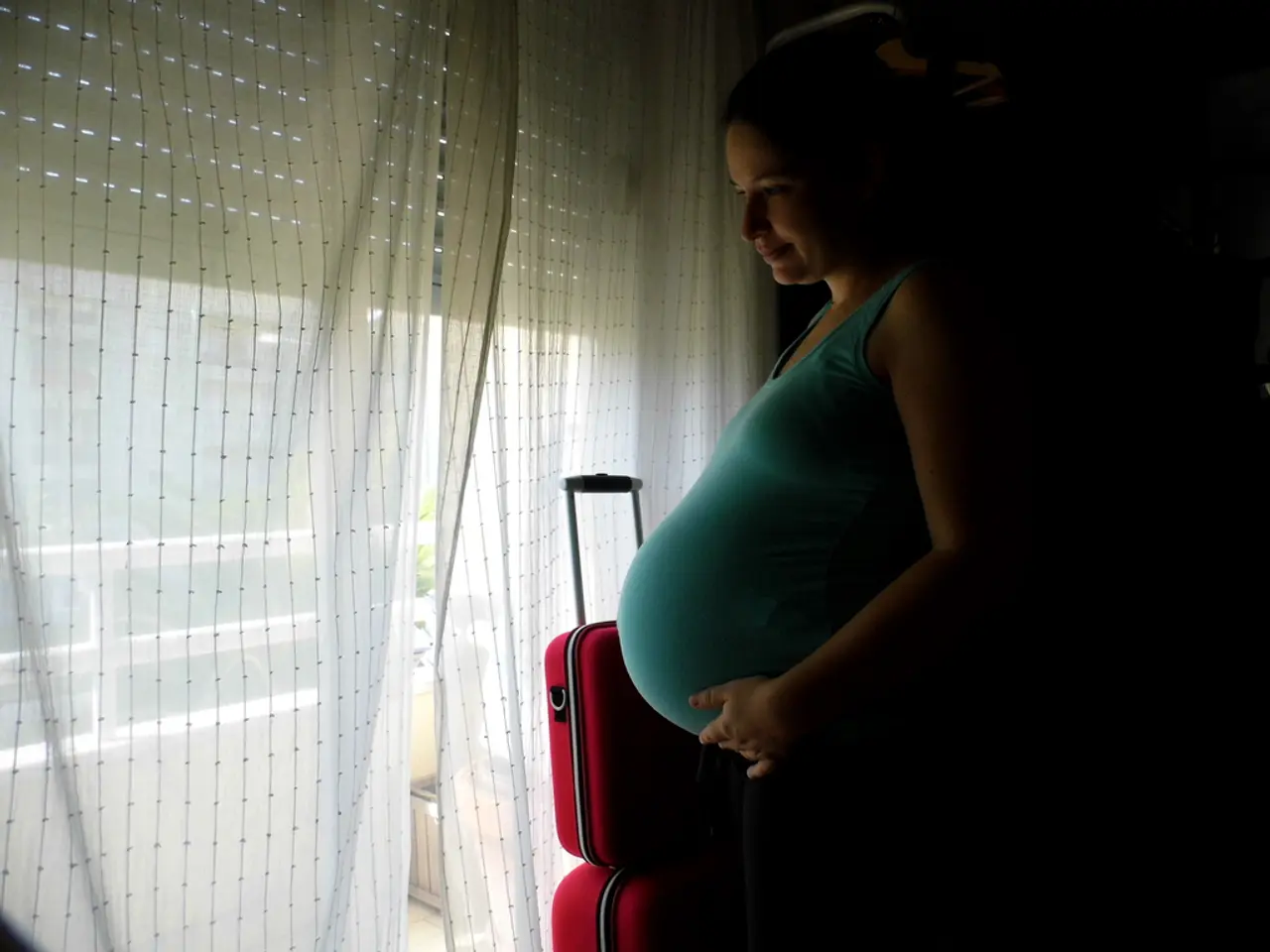Biological Fathers' Entitlement to Exercise Their Rights
In a significant step towards modernising family law, Federal Minister of Justice Stefanie Hubig has proposed a new draft law aimed at providing clarity and facilitating the process for biological fathers to contest legal paternity. The draft, which responds to growing societal demands for more transparent and just regulations, seeks to balance the rights of all parties involved while prioritising the child's welfare.
Key provisions in the draft include:
1. **Easier challenge of legal paternity**: The draft allows biological fathers to challenge legal paternity more straightforwardly, particularly in cases where the mother was married to another man at the time of birth but the biological father is different.
2. **Improved legal clarity and protection of the child's best interest**: The draft emphasises protecting the child's welfare while balancing the rights of all parties involved. It sets out clear deadlines for challenging paternity and defines which courts are competent in these matters, reducing legal uncertainty.
3. **Timeframes and procedural regulations**: The draft establishes a six-month window for biological fathers to challenge legal paternity, with exceptions made for those who have a relationship with the child, had one in the past, or have seriously but unsuccessfully tried to establish one.
4. **Support from the Youth Welfare Office**: The draft enhances cooperation with youth welfare offices, which already assist unmarried mothers in establishing paternity and enforcing maintenance claims. This ensures that proceedings consider the child's social environment and welfare.
The draft primarily concerns cases where another man has been recognised as the legal father with the mother's consent. From the age of 14, a child can prevent another man from becoming their legal father by refusing their consent, a change proposed by the Ministry of Justice.
It is important to note that the draft does not contain as comprehensive changes as the original plans of the traffic light government, which were not implemented after the departure of the FDP from the coalition. The deadline for the creation of a new regulation that complies with the constitution has been extended from June 2025 to March 31, 2026.
The draft law also includes a "recognition ban", preventing any other man from acknowledging paternity while a court proceeding is ongoing for a man seeking to establish his biological paternity. This measure is intended to prevent misuse of paternity recognition, particularly in cases where men claim paternity for financial gain to enable mothers to obtain residence permits and social benefits.
Federal Minister of Justice Stefanie Hubig has promised a solution to prevent binational couples from being put under general suspicion. The planned family law reform is the first legislative initiative of the new federal government.
The draft by Minister Hubig is a response to a ruling from last year that was criticised for violating the fundamental rights of biological fathers. The proposed regulation takes into account the fundamental rights of all parties involved, ensuring a fair and just approach to paternity disputes in Germany. The ruling from the Federal Constitutional Court of 9 April 2024 stated that biological fathers must have access to an effective procedure to assert their legal paternity.
In case a challenge for biological paternity fails, the biological father will have a second chance to reapply if the legal father no longer has a social and familial relationship with the child. This provision underscores the draft's commitment to protecting the child's best interest while providing opportunities for biological fathers to assert their rights.
The Youth Welfare Office plays a role in supporting families throughout such disputes, providing assistance to mothers and facilitating legal processes related to paternity and child support. If a child is at risk, they also collaborate with family courts to protect the child’s welfare.
This legislative initiative by Justice Minister Stefanie Hubig marks a significant step towards modernising family law in Germany, reflecting developments in family structures and biological technology. It aims to streamline the process for biological fathers to assert their rights while safeguarding children's interests.
- In the realm of health-and-wellness, the draft law proposes a closure on the recognition ban, preventing other men from asserting paternity while a court proceeding is ongoing for a man seeking to establish his biological paternity, ensuring a transparent and fair process for all parties involved.
- Moving forward in the realm of science and technology, this legislative initiative includes provisions for the Youth Welfare Office to provide support in cases where a biological father is contesting legal paternity, prioritising the child's health-and-wellness and ensuring a balanced approach to men's health and parenting rights.




